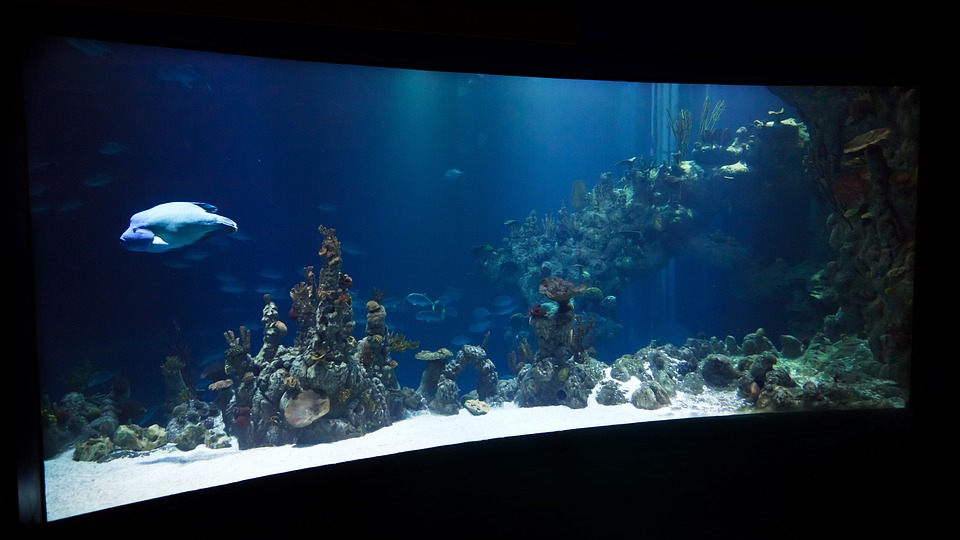Table of Contents
Introduction
If you’re planning your next scuba diving adventure, it’s important to have a good understanding of the gear you’ll be using.
Scuba diving is an incredible experience, but it requires the right equipment to ensure your safety and enjoyment.
In this article, we will demystify scuba gear, providing you with everything you need to know before your next dive.
The Essentials
When it comes to scuba diving, there are a few essential pieces of gear that you cannot go without:
- Mask: A properly fitting mask is essential for clear vision underwater.
- Fins: Fins allow you to move efficiently through the water, conserving energy.
- Regulator: The regulator delivers air from the tank to your mouth, allowing you to breathe comfortably.
- BCD (Buoyancy Control Device): The BCD helps you control your buoyancy and allows you to float on the surface or descend underwater.
- Dive Computer: A dive computer helps you monitor your depth, bottom time, and decompression limits, ensuring you dive safely.
- Wetsuit or Drysuit: A wetsuit or drysuit keeps you warm and protects your body from the elements.
- Tank: The tank holds the compressed air that you breathe underwater.
Choosing the Right Gear
When selecting scuba gear, fit and comfort are key.
It’s important to try on different brands and models to find what suits your body shape and personal preferences.
If you’re unsure, consult with a professional dive shop or instructor who can guide you in choosing the right gear.
Taking Care of Your Gear
Proper maintenance and care of your scuba gear are essential for its longevity and performance.
Rinse your gear with fresh water after each dive to remove salt and sand.
Regularly inspect and service your equipment to ensure it stays in good condition.
Store your gear in a cool, dry place away from direct sunlight to prevent damage.
Additional Considerations
In addition to the essentials, there are some additional gear options worth considering:
- Dive Light: A dive light can enhance your visibility and allow you to explore darker areas.
- Dive Knife: A dive knife is a versatile tool that can be used for safety and practical purposes.
- Dive Watch: A dive watch provides timekeeping and can be used to track dive times and intervals.
- Underwater Camera: Capture the beauty of the underwater world with an underwater camera.
FAQs
1. How do I choose the right mask size?
Choosing the right mask size is crucial for a comfortable dive.
Try on different masks and ensure there are no gaps between the mask and your face.
Test the fit by inhaling through your nose.
If the mask remains in place, it’s a good fit.
2. Should I rent or buy scuba gear?
It depends on how frequently you plan to dive.
If you dive regularly, investing in your own gear can be more cost-effective in the long run.
However, if you only dive occasionally, renting gear from a reputable dive shop is a suitable option.
3. How often should I service my scuba gear?
Check your manufacturer’s guidelines, but a general recommendation is to service your gear annually.
This ensures that any potential issues are identified and resolved before they become problems underwater.
4. What should I do if my ears hurt during a dive?
An ear squeeze, caused by unequal pressure in the middle ear, can be alleviated by equalizing the pressure.
Pinch your nose and blow gently while tilting your head to the side.
If the pain persists, ascend slowly and seek medical advice if necessary.
5. How long does scuba gear typically last?
The lifespan of scuba gear varies depending on usage and maintenance.
With proper care, gear can last for several years.
However, components such as masks, fins, and wetsuits may need replacement more frequently.




